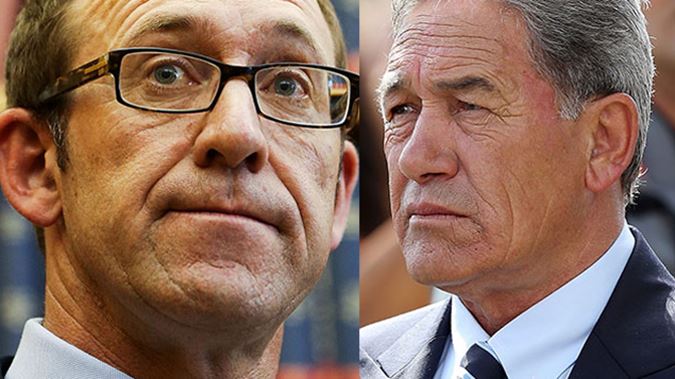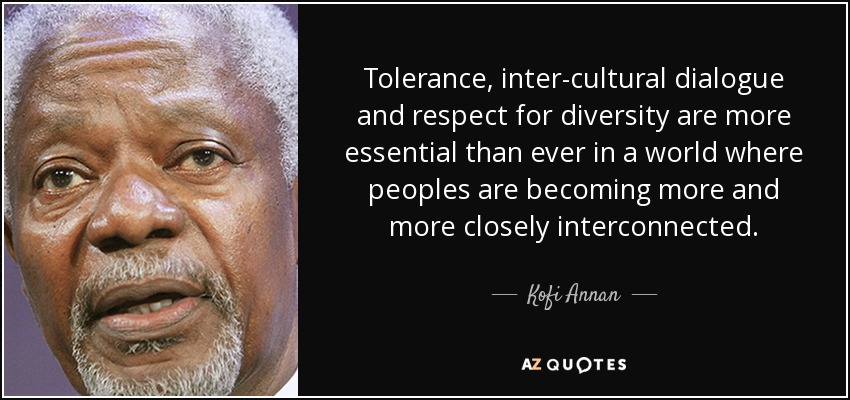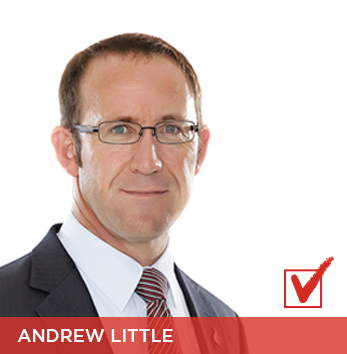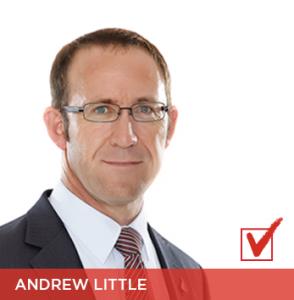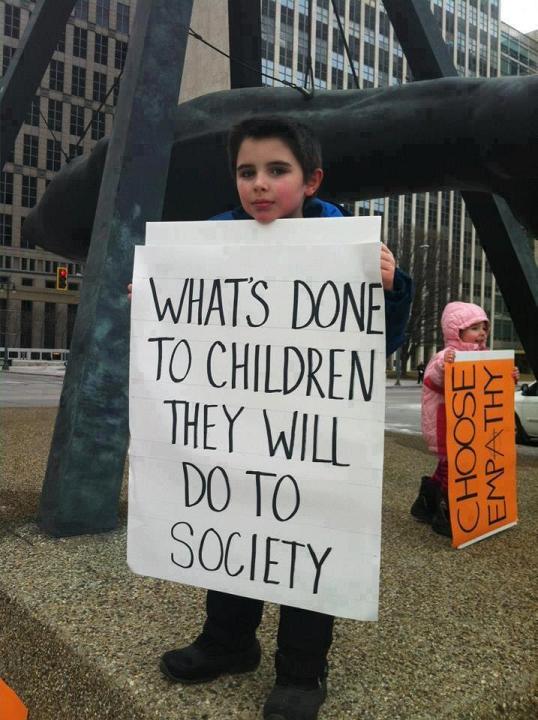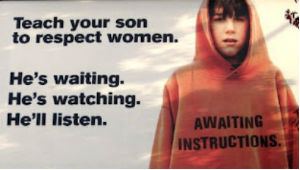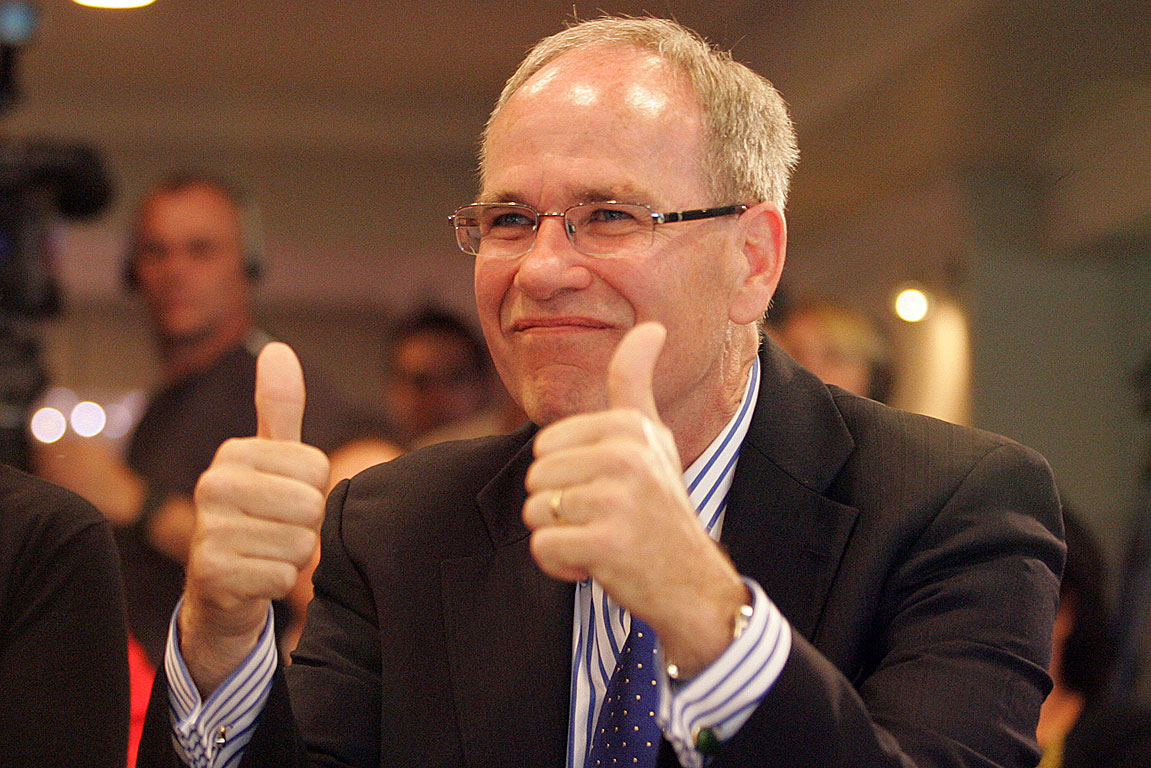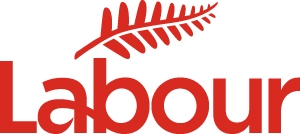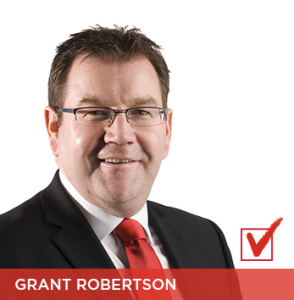So Andrew Little made a decent fist of a speech. Great. It fired up his membership, got good play-time on the evening news, and even had a quirky ‘human’ touch element for media to gush over and make things memorable – in this case, the sound of breaking glass.
But two years from now, what voters are going to remember as a result of this party convention isn’t some leader’s keynote address. That’s not how politics works. If there isn’t a gaffe (and knocking over a glass of water hardly counts), it isn’t memorable.
Instead, they’ll be casting their eye over a number of policy initiatives (or, more correctly, lack-of-policy initiatives) passed down in Palmy, and letting *that* be the thing that influences their vote.
So first up: the wins.
Labour’s decided to ditch its capital gains tax and raising the retirement age policies. This is good. In fact, I’d call it “genius” if such moves weren’t i) blindingly obvious, and ii) breathtakingly stupid in having instituted in the first place.
I’ve said it before, capaciously, but I’ll say it again for emphasis: middle voters DO. NOT. WANT. A. CGT. David Lange put it best when he stated in the mid-80s that if Labour wanted a serious shot at winning the next election, they’d be well-advised to shut up about a CGT policy. The only thing that’s changed since Lange’s day is the size of the property-owning class for whom house-ownership is their lead form of retirement saving. Running the CGT as a flagship was *always* going to cost Labour electorally – and boost the fortunes of New Zealand First and National, neither of whom had previously advocated for such.
Same deal with raising the retirement age. The sort of voter who was in favour of raising the age of entitlement was presumably already voting for National – or, more likely, ACT. Fiscal conservatism doesn’t appeal to Labour’s traditional supporters, particularly when it’s delivered so callously. Nobody – other than the center-to-hard-right – likes the idea of shafting old people. It’s just not the left-wing way, nor is it egalitarian. And, like with the CGT, it only served to drive middle (and middle-aged) voters over to New Zealand First to protect their retirement prospects (or, perversely, National – who’d made a point of stating they weren’t going to raise the age of entitlement).
In our culture of diminishing political participation, voters are seemingly overwhelmingly going to come from the older and more inclined/able to be property-owning demographics. Penalizing them, scaring them away, and running on a flagship agenda of “raise the retirement age while taxing your retirement savings” was *never* going to be particularly smart politics – no matter how “fair” some people claimed it was going to be.
Andrew Little staked out these two policy-issues as the first things on the chopping block back when he was running for Labour leader this time last year. To his credit, he’s managed to pull both off – and off the policy-books. At the time, I said this was a shrewd political intention which would hopefully pay dividends for his party at the polls. We’ll soon see if I’m right.
Some of the other initiatives announced, such as Grant Robertson talking about coding becoming core curriculum, also sounded cool and will be difficult to meaningfully oppose.
But unfortunately, other initiatives such as deputy leader Annette King’s push to reduce the sugar content of our foods … won’t be anything like as easily salable.
If there’s one word Kiwi voters seem to hate, it’s “coercion”. National (and others) will attempt to lambast this policy as more of the same ‘over-reaching’ interventionist literal lolly-gagging that gave us the specter of mandatory eco-friendly light-bulbs and maximum shower-times. It doesn’t matter that this isn’t actually a “sugar tax” (as somebody’s surely about to claim it’ll morph into) … it sounds like it reduces yours and my freedom of choice to enjoy a sweetened and/or unhealthy can of tomato sauce at the summer barbie, so will cause problems.
Having said that, Kiwis are increasingly health-conscious as a people, while also being more suspicious of large food producers – so perhaps there will wind up being some electoral dividend to the policy after all. Only time will tell.
My biggest issue with the scheme … isn’t actually with the scheme itself at all. Instead, I’m tormented by the fact that THIS ISSUE is the one Labour’s picked as the proving-ground to roll out the coercive power of the state and have its leadership team appear on the 6 pm news talking about taking the “big stick” of state power into corporations with the goal of intimidating them into line with national policy objectives and the good of the nation.
SURELY other areas of the economy like banks and their ruinous extortion of our economy for private gain – or, for that matter, the supermarket duopoly themselves – would be rather more immediately demanding of this sort of iron-fisted rhetoric.
It did also occur that this TPPA thing we’ve recently found ourselves signed up to, with its Investor-State Dispute mechanisms … might constrain Labour’s ability to actually put forward this kind of legislation without finding any government it lead subject to international lawsuits from foreign companies.
The TPPA was also the other big smoke-wreathed quagmire for Labour on the day, with Little floundering his way through an interview with TV3’s Patrick Gower on The Nation as to just what bits of it Labour intends to support or oppose when the enabling legislation for same comes up in The House over the next few years.
It’s great that Labour is joining New Zealand First’s call to protect our ability to halt land-sales to foreigners. I’m so pleased about that I will only give the barest of mentions to the sheer scale of land-sales to foreigners which took place over the last period Labour was in government.
It’s also great that Labour’s backing New Zealand First’s call to defend our national sovereignty from this voracious intercontinental ISD beastie.
But New Zealanders deserve to know whether the Labour Party they’re considering voting for has similar problems with other elements and aspects of the Agreement – and if so, what these are, and what they intend to do about it.
Personally, I suspect the issue is that Labour knows its potential support-base is a horrendously complex (and oft-cantankerous) creature. It knows that it’s lost ground on the issues of protectionism – and economic sovereignty – to both New Zealand First and The Greens. It wants those votes back – particularly so it has *some* hope of nominally claiming to lead the next government and its agenda. To do this, it’s clearly and firmly staking out its opposition to any erosion of our state’s ability to restrict land sales, and to make laws in our own interest.
However, it also knows that deep in the backs of the minds of many a middle-New Zealand voter are ideological qualms about an outright pro-protectionist (or, as I prefer to call it “sensible and sound developmental economics”) approach. It’s therefore hedging its bets by appealing to its activist-base and the vocal swathe of the population who are frenetically if not fanatically opposed to the TPPA (*on those issues*) with rhetoric about opposing two parts to the agreement … while also making reassuring soothing noises about how the rest of the agreement measures up to Labour’s standards (and therefore implicitly won’t be opposed) to everyone else.
When specific questions – like Gower’s yesterday morning – come up about things like whether Labour *actually* supports tariff reductions on imports, and what they’ll do in the House when these come up for debate and voting … their default modus operandi from here on in appears to be to obfuscate. To reiterate talking points about other aspects of the agreement where they *do* feel comfortable taking a stand, and to claim they don’t know what they’re going to be voting on so they can’t commit to a principled answer either way, when inevitably saying the same barely-relevant-to-the-actual-
Maybe it’ll work. Maybe it won’t. Although I have this genuinely depressing and sinking feeling in my gut that as time goes on, the general and genial spark of civic unrest which seemed inexorably tied to the TPPA’s ongoing negotiations … will slowly gutter and gurn its way out of general circulation – meaning that there’ll be less justified anger about Labour’s refusal to be open, up-front and honest about its intentions when the electorate gets its chance to have its say in either polls or the general election.
Either way, as Dr Hunter S Thompson said: “If you can’t make yourself understood by your friends … you’ll be in trouble when your enemies come for you.”
Finally, there’s NZ Power.
Now this was a sad Somme of a policy ill-conceived in years past as some sort of cockamamie contrivance attempt at simultaneously i) bringing down power prices; ii) showing Labour could work productively and collaboratively with The Greens; iii) nominally oppose the part-privatization of SOE power companies; and iv) (apparently most importantly) … do *ALL* of the above, without buying into (pardon the pun) and getting behind New Zealand First’s call for outright asset renationalization.
On this, they roundly failed. The electorate just didn’t warm up to – nor get – the policy and how it would work in detail. Attacks from all over the spectrum came in which suggested the policy wouldn’t do as intended. If you didn’t like asset sales, then the implicit commitment to keep the power companies 49% privately owned made it a sellout suggestion. If you couldn’t bring yourself to understand the policy’s detail, then there was no reason to buy into its much-vaunted promises of cheaper energy.
All up, Labour made the right call by abandoning the policy. Although my inner pedant socialist-nationalist feels compelled to note that unless I’m much mistaken (and I’m happy to be proven wrong about this), this means the Labour party is pretty much OK with leaving part-privatization of our power assets seriously unchallenged at least for the forseeable future.
Unfortunate.
So all up, how am I rating this Labour convention’s policy outcomes?
Not bad. Certainly not election-winning in and of themselves – ditching policy *rarely* wins things unless you were sufficiently popular beforehand that those were the only stumbling block. But at the very least, it starts to remove many of the obvious “deal-breaker” which quite a few voters would have turned up their noses at previously when considering whether to cast their vote for Labour.
I’m sure there won’t be a shortage of policy-wonk labourites on social media who’ll be a bit annoyed about some of this – and will be publicly or privately disquieted about disrupting the ‘finely tuned’ balance of ‘fairness’ and ‘fiscal conservatism’ which policies like raising the retirement age, instituting a CGT, or establishing a power-buying consortium represented … but they’ll be the minority.
Having pulled off a fairly positive “out with the old”, it now turns to Little and his team to wow us with the “in with the new” by this time almost two years hence.
Let’s hope it’s a doozy.
[oh and because some people on twitter have attempted to make an issue about not knowing these sorts of things … I’m from a particular political party. Guess which one]

